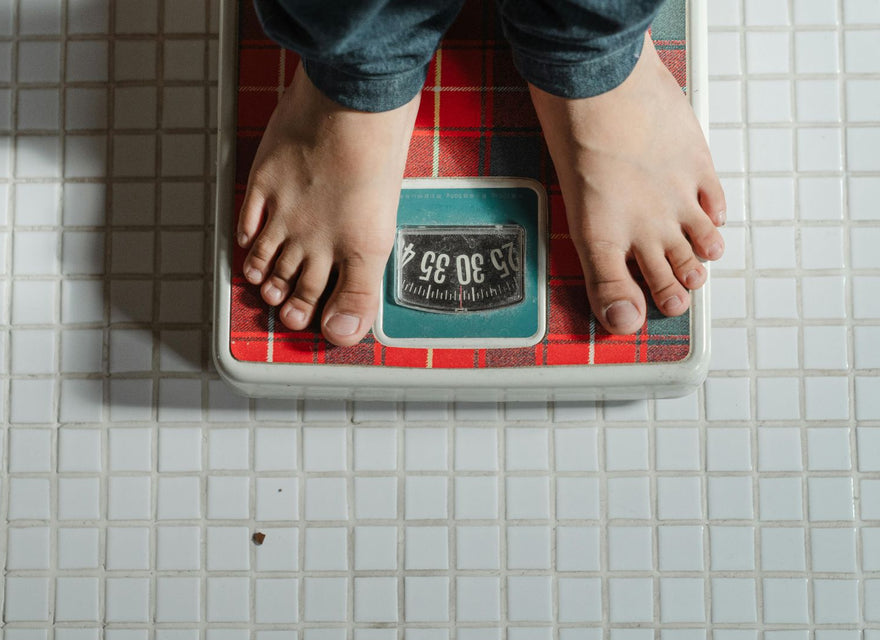
What to Do When the Scale Won’t Budge
You’ve been eating well, moving your body consistently, getting more sleep, and making healthier choices, but the scale won't budge.
It’s frustrating, we know.
Before you assume that your body isn’t responding or that you’re doing something wrong, here’s the truth: Weight loss plateaus are normal. They happen to everyone on a wellness journey and don’t necessarily mean you’re off track.
In fact, your body may be making incredible progress behind the scenes.
Why the Scale Won't Budge (Even If You’re Doing Everything Right)
Here are some reasons why the scale may not be moving even when you are eating right and working out consistently.
Your Cortisol Levels Are High (a.k.a. Stress Hormones Are Doing Their Job)
Stress, whether physical, emotional, or mental, can lead to elevated cortisol levels. When cortisol is high for prolonged periods, your body shifts into a survival mode, prioritizing energy storage over fat loss. Cortisol signals your system: “It’s not safe right now. Hold onto fat.” This protective mechanism can ma e the scale not budge, even if you’re doing all the right things.
You’re Not Eating Enough (Yes, Really!)
Undereating can actually stall your metabolism. When you consume too few calories over time, your body slows down energy expenditure to preserve vital functions, what it perceives as surviving a famine. Instead of rewarding your discipline with weight loss, your body shifts into conservation mode.
You’re Gaining Muscle While Losing Fat (Body Recomposition Is Real)
Muscle is denser than fat, which means it takes up less space but weighs more. So even if the scale isn’t moving, your body composition might be changing for the better. You could be losing inches, gaining strength, and improving your metabolism, all while the scale stays the same.
Inflammation or Water Retention Is Masking Progress
Things like digestive issues, poor sleep, menstrual cycles, or even eating too much sodium can cause your body to retain water. This leads to temporary bloating or puffiness, which can falsely reflect on the scale.
What to Focus on Instead of the Scale
Sometimes, the scale doesn’t reflect the full story. Here are better indicators of health and progress:
-
How your clothes fit – Are they looser around the waist or hips?
-
Your energy and strength – Do you feel stronger or less fatigued?
-
Mood and mental clarity – Is your mood more stable? Are you thinking more clearly?
-
Quality of sleep – Are you waking up refreshed?
-
Digestion and skin health – Is your gut more regular? Is your skin clearer?
-
Non-scale victories (NSVs) – Like walking up stairs without getting winded or lifting heavier weights.
These wins matter a lot and they come long before the scale reflects change.
Pro Tip: Track Your Habits, Not Just Your Weight
The scale doesn’t measure:
-
Hormone regulation
-
Reduced inflammation
-
Balanced blood sugar
-
Restored metabolic function
-
Renewed self-confidence
So, try journaling your workouts, meals, water intake, sleep quality, mood, and energy levels. Progress is happening even though the scale won't budge.
Final Thoughts
If the scale won’t budge, it doesn’t mean you're failing, it might mean you’re evolving in ways that are deeper and more sustainable than a number. Trust the process, honor your body, and remember: the goal is long-term health, not quick fixes.